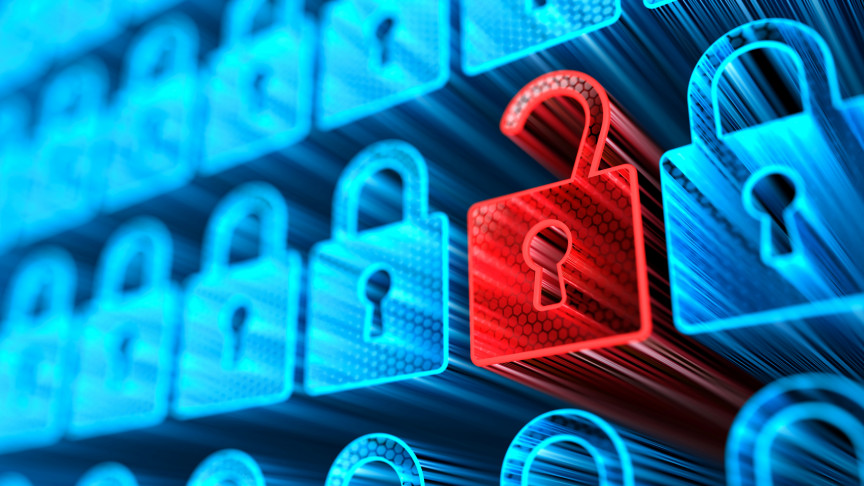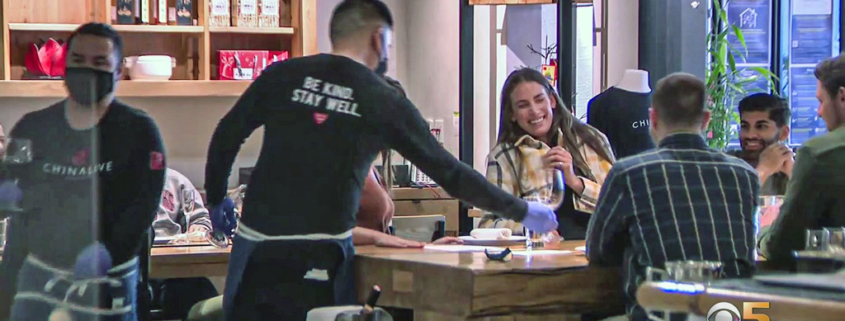Is Louisiana’s ID Verification Mandate a Step in the Wrong Direction? – Global Village Space
It was recently announced that Louisiana had introduced legislation that requires users of adult websites to show identification to access the pages. This has stirred up plenty of questions about how much authority governments can have over the policing of the internet.
Aside from the ethical debates surrounding the news, it also feels like this is a step backward. Technology is moving forward rapidly, and improved methods of authentication are already emerging. A more sensible solution could be to jump on the growing trend of biometric technology for accessing websites.
What is the Louisiana Mandate?
PIA reported that lawmakers in Louisiana have decided to implement a new rule for accessing adult websites. In a push to ensure that children don’t encounter content that could be damaging to them, internet users in the state will now be required to use their personal identification credentials to log on.
Experts have noted how other countries, including the UK, Australia, and Germany, have all attempted similar measures in the past. None of these worked. In fact, collecting IDs for age verification can have serious knock-on effects when it comes to data privacy.
This highlights how there’s a need for more modern approaches to authentication that are in line with the advancing technological world. Biometrics has already started to creep in on devices and some sites. However, they haven’t become widespread or used as an alternative to traditional identification methods yet.
How Far Away are We From Ubiquitous Biometrics?
According to Grand View Research, the global biometrics market will be worth around $60 billion by 2025. It is growing at a rate of 20.4 percent each year, and this is being driven by the increased demand for enhanced security methods.
Issues Arising from Biometrics
For the technology to become used for logging onto all sites and devices, internet users need to have the reassurance that their data won’t be sold or lost to third parties.
Like it or not, biometric technology is on the way, and some people believe that it is a great step forward. There’s no doubt, though, that western countries will need to learn how to cope with these challenges. There…



